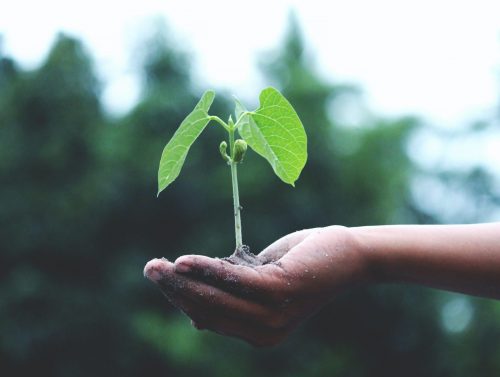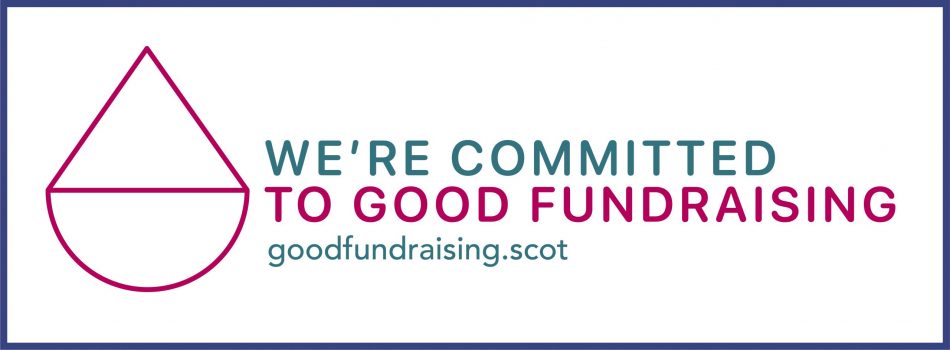Uphill Junior School serves a rural community of subsistence farmers and small traders. Income levels within the community are very low or non-existent. Fees are set at a low level – even by Ugandan standards – to encourage families to send their children to school. Orphans pay no fees and adjustments are made for families with very little income. Over a third of pupils attend Uphill free of charge or with reduced fees. Income sustainability is one of the major challenges facing the school.
The Uphill Trust pays the staff salaries at Uphill Junior School and will continue to do so until the school can generate the income it needs. Salaries account for 50% of the running costs of the school – a shortfall of around £14,500 pa. Fees cover accommodation and food for the teachers, salaries for the school cook and caretaker, provision of stationary and examination papers, fuel for the school boda-boda and other incidentals. Plans for additional income generation are essential for the long term success of the school.
Planning for Financial Sustainability
School director Elius has been making plans since he founded the school. Many of these will take time to implement but progress is being made.
Agricultural Projects
In rural areas, growing crops and/or raising livestock to sell are common income-generating options. The school vegetable garden and piggery project are a first step towards providing the school with additional income. Longer term plans involve setting up a remote school farm. To do this we will need to purchase 8-10 acres of agricultural-grade land. This will allow the school to grow maize and other crops to feed the children and pigs, along with cash crops such as coffee, avocado, mango and other fruit that can be sold to create income for the school (cost in the region of £50,000 to establish a school farm). We have recently received funding from the Pignatelli Foundation to buy a maize processing machine for the school piggery – pigs eat broken maize and this product can be sold at a premium to other small farmers. Every small saving and income generating project adds up!
Reducing Expenditure
The teachers are provided with rented accommodation as part of their employment package and this takes up the bulk of the school’s fee income. Building an accommodation block for the school staff will release this income for salary payments. We were delighted to be in a position to buy a plot of land with an existing 8 room house during our visit to the school in February 2022. There is room on the plot to build additional staff houses and latrines and this will happen in phases, as money becomes available.
Increasing School Fee Income
Paying school fees will always be a challenge for pupils from the local community. However, boarding schools are very popular in Uganda and Elius has always had plans to make Uphill in to a mixed day and boarding school. The school has a good reputation – it is widely known as the best private school in the district – and enquiries about boarding options have increased following the extended COVID lockdowns when 40% of private schools in Uganda closed permanently. We have an option to rent land from the local church and, although building boarding hostels – with accompanying washing and sanitation facilities – will be expensive, it will bring in substantial school fee income. We anticipate that this phased project will cost around £50,000 to complete and we can start as soon as money becomes available.
Building Sustainability into School Projects
We have already begun to do this.
The two new pupil latrine blocks have sewage tanks that can be emptied – instead of a traditional deep earth pit which will eventually fill up and become unusable.
Vegetables grown in the school gardens are used in meals at the school, reducing food costs and improving nutrition at the same time. Fruit trees are being planted in the school grounds for the same purpose.
The school boda-boda costs less to run than paying for taxi bike fares on a regular basis.
The new school kitchen is being planned with fuel efficient stoves – better for the environment and for the cook’s health, as well as requiring less wood.
Funding Sustainability Projects
Many of these projects require capital expenditure, which can be hard to fund. We are looking to develop relationships with businesses and organisations who able able to offer matched funding programmes, lump sums donations and/or support us on an ongoing basis as we work through our sustainability plans for the school. If you can help, or know anyone who can help, we would love to talk with you.
Tags: financial sustainability, planning for self sustainability, Uphill Junior School







